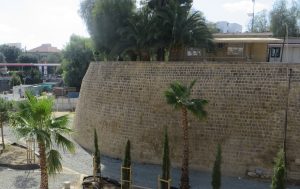
I’m not sure exactly when Aphrodite wafted by, but Cyprus certainly does history in depth. The remains of a nine thousand year old Neolithic stone built settlement have been excavated at Choirokoitia, thoughtfully situated en route to the airport. The settlement is an extensive village of circular stone huts built on a hill. It is in an excellent defensive position, surrounded by a stout stone wall. So presumably this was to enable the inhabitants to sleep soundly, defended from stray cats, mountain lions, and the odd time-expired velociraptor? Except that the entrance is clearly designed to defend it from other people. So here we have it. The human race – successfully threatening one other for thousands of years.
Cyprus seemed to sum up the human condition. Such beauty, happy sunshine, more myths than you can shake a Doric column at, war, bloodshed and brute tribalism. Cyprus is still partitioned into Greek and Turkish parts by the Green Line – a weeping scar across the face of Europe. As we drove up to Nicosia a huge Turkish flag dominated the view, painted on a mountainside to the north. You can see it from space. Rather insensitive to the Greek neighbours? Not for the relatives of the 87 unarmed Turkish civilians massacred in the nearby village who then made it and maintain it as a memorial. In all some 2,000 civilians died and tens of thousands were displaced. And this is not the seventh century, this was Europe in 1974.
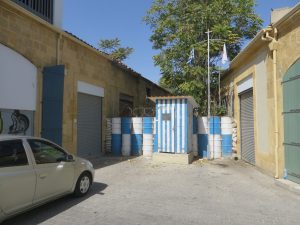
I was fascinated by Steven Pinker’s thesis in The Better Angels of Our Nature. Written in 2012 he cites evidence that overall humans are becoming less violent. I confess I can’t get it myself. It seems a bit too reminiscent of Fukuyama declaring “the end of history” after the fall of the Berlin Wall. Humankind engages in unending outbreaks of violence. Whether we wish to put this down to our inner chimp, original sin or a fallen nature seems to be pretty much a matter of language. I am thankful to live in a western lacuna of peace and comfort, but I would be a fool not to recognize its fragility, its contingency. And this decade seems to illustrate painfully what Francis Schaeffer termed the age of “personal peace and prosperity”; I’m ok, comfortably smug, whilst half the world is in uproar or poverty.
Humans appear to be incurably tribal when stressed. Faith hope and love are shown the door at the first sneeze of a financial meltdown or regional instability. Like junk food and junk bonds we know tribalism is wrong but just can’t stop. The Venetian walls of Nicosia are a fine old sight – they have been defused but molder on, their moats turned into gardens and car parks, mere reminders of a primitive past. But the oil-drum-and-concrete wall through the heart of Nicosia is a bizarre and sorry sight, a reminder of our primitive present. And we live in a world seemingly attracted to more walls. Tribalism seems buried deep in all our hearts. Our walls develop but our human nature does not.

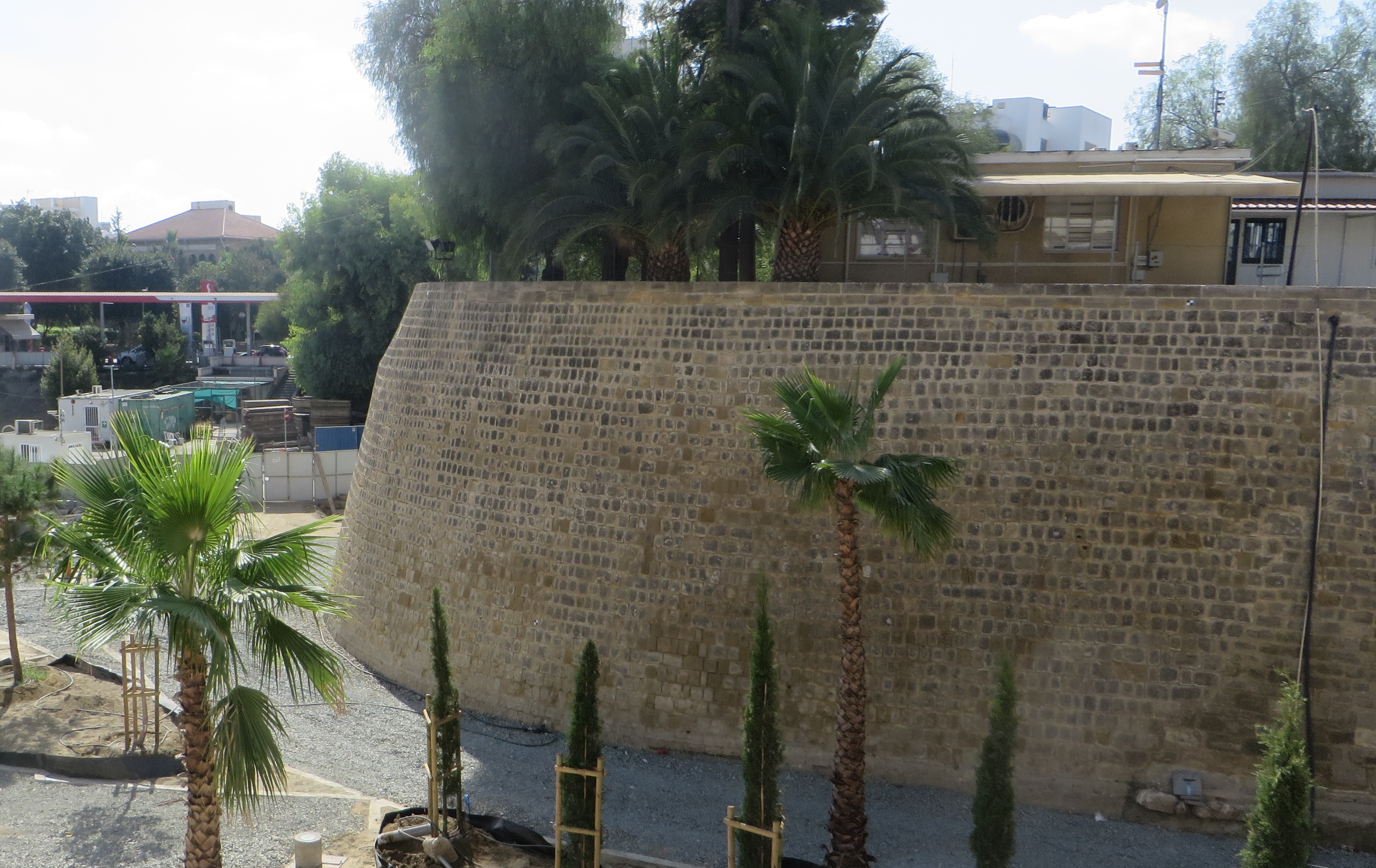
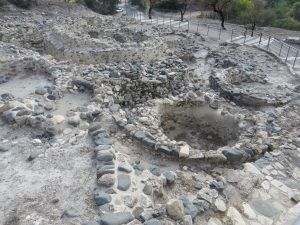





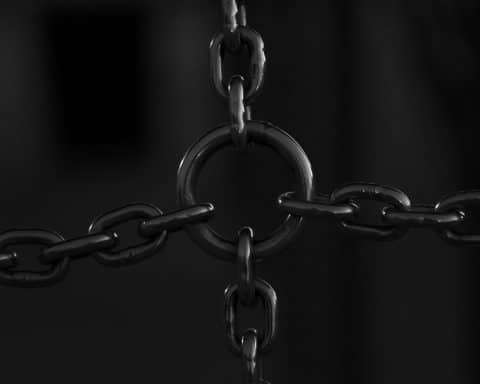

4.5
5